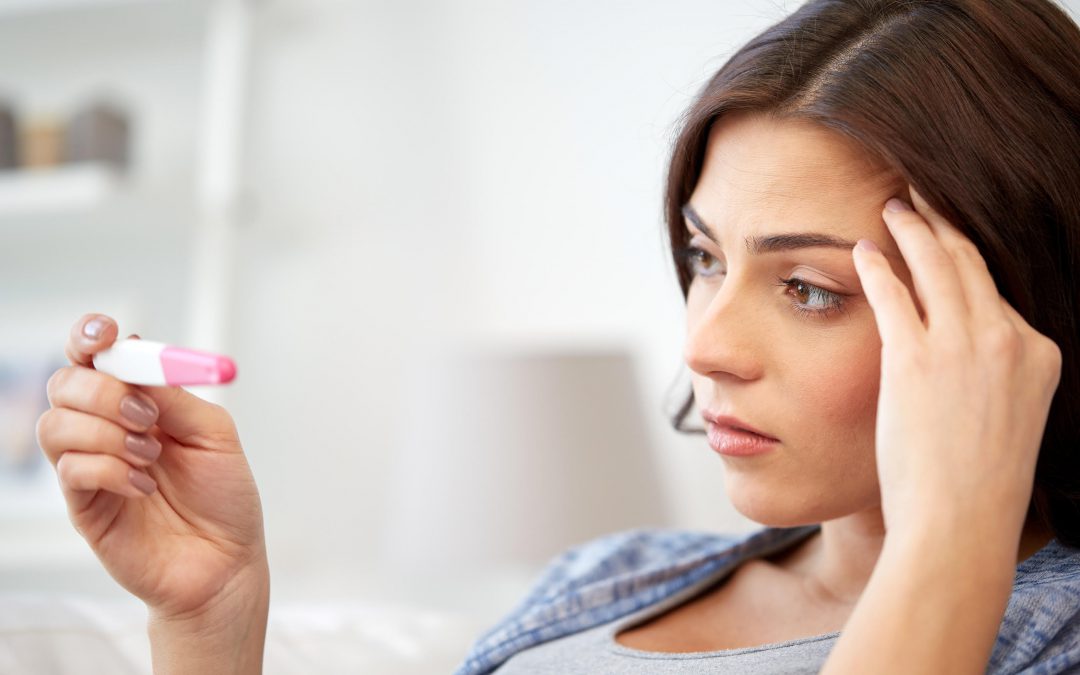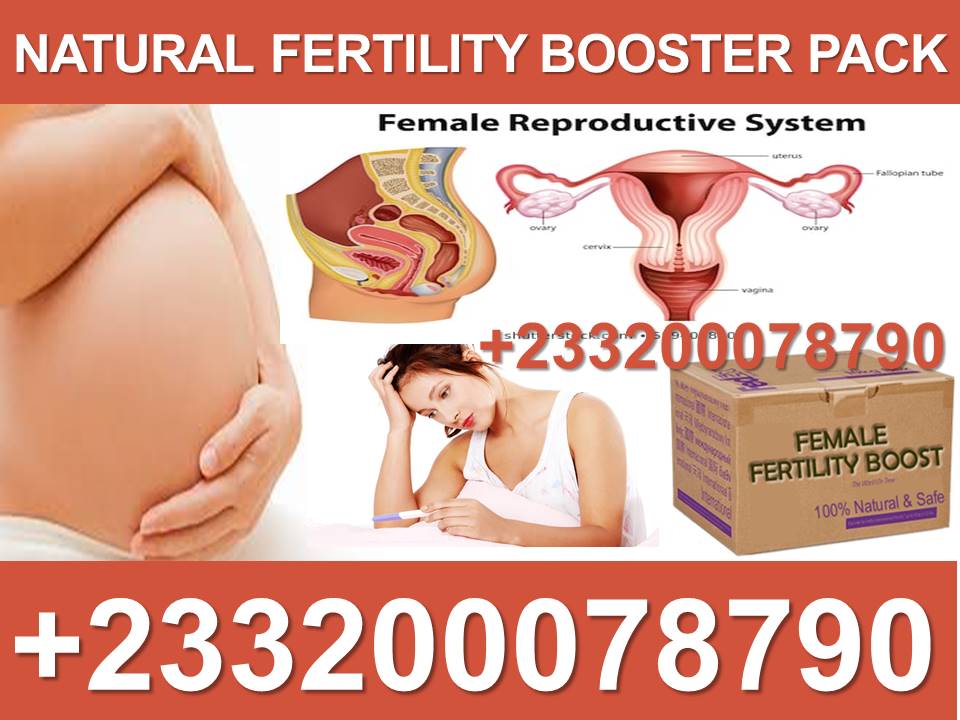What Causes Infertility in Women?
Female infertility accounts for about one third of all infertility cases. Infertility in women can be caused by conditions affecting any of your reproductive organs — your ovaries, fallopian tubes, or uterus.
If you and your partner are struggling to have a baby, you’re not alone. In the United States, 10% to 15% of couples are infertile. Infertility is defined as not being able to get pregnant despite having frequent, unprotected sex for at least a year for most couples.
Infertility may result from an issue with either you or your partner, or a combination of factors that prevent pregnancy. Fortunately, there are many safe and effective therapies that significantly improve your chances of getting pregnant.
Infertility affects an estimated 10 percent of women. Studies have found that about a third of infertility cases are due to female infertility, another third to men, and the rest to issues affecting both partners or a cause that may remain a mystery.
Symptoms

The main symptom of infertility is not getting pregnant. There may be no other obvious symptoms. Sometimes, a woman with infertility may have irregular or absent menstrual periods. In some cases, a man with infertility may have some signs of hormonal problems, such as changes in hair growth or sexual function.
Most couples will eventually conceive, with or without treatment.
When to see a doctor
You probably don’t need to see a doctor about infertility unless you have been trying regularly to get pregnant for at least one year. Women should talk with a doctor earlier, however, if they:
- Are age 35 or older and have been trying to conceive for six months or longer
- Are over age 40
- Have irregular or absent periods
- Have very painful periods
- Have known fertility problems
- Have been diagnosed with endometriosis or pelvic inflammatory disease
- Have had multiple miscarriages
- Have undergone treatment for cancer
Men should talk to a doctor if they have:
- A low sperm count or other problems with sperm
- A history of testicular, prostate or sexual problems
- Undergone treatment for cancer
- Small testicles or swelling in the scrotum
- Others in your family with infertility problems
Causes of female infertility
/1959936-why-cant-i-get-pregnant-if-im-healthy-5afb17166bf06900361243e6.png)
Female infertility can be caused by a variety of factors that affect or interfere with the following biological processes:
- ovulation, when the mature egg is released from the ovary
- fertilization, which occurs when sperm meets the egg in the fallopian tube after traveling through the cervix and uterus
- implantation, which occurs when a fertilized egg attaches to the lining of the uterus where it can then grow and develop into a baby
RISK FACTOR
Risk factors for female infertility include:
- increasing age
- smoking cigarettes
- heavy use of alcohol
- being overweight, obese, or significantly underweight
- having certain sexually transmitted infections (STIs) that can damage the reproductive system
Medical conditions
A variety of medical conditions can affect the female reproductive system and cause infertility in women.
Examples include:
- ovulation disorders, which can be caused by polycystic ovary syndrome (PCOS) or hormonal imbalances
- pelvic inflammatory disease (PID)
- endometriosis
- uterine fibroids
- premature ovarian failure
- scarring from a previous surgery
Medications and drugs
Certain medications and drugs that can affect female infertility include:
- chemotherapy or radiation therapy
- long-term use of high-dosage nonsteroidal anti-inflammatory drugs (NSAIDS) such as aspirin (Bayer) and ibuprofen (Advil, Motrin)
- antipsychotic medications
- recreational drugs such as marijuana and cocaine
Infertility testing
If you’ve been trying to conceive and haven’t been able to, you’re likely wondering when you should plan to see a doctor.
Read on to discover which tests they’ll perform to assess the fertility of you and your partner.
Men
Men should plan to see a doctor after one year of trying to conceive or if any of the following apply:
- erectile dysfunction (ED)
- problems with ejaculation, such as delayed ejaculation or retrograde ejaculation
- low sex drive
- pain or swelling in the genital area
- having undergone a previous surgery in the genital area
Your doctor will first take your medical history. During this time, they’ll ask about your overall health, your sexual history, and factors that could affect your fertility. They’ll also perform a physical examination where they check your genitals for any structural abnormalities or lumps.
A semen analysis will likely then be performed. Your doctor will ask you to provide a sample of semen. This sample will then be checked in a laboratory to see how many sperm are present and whether the sperm are shaped normally and moving properly.
Depending on the results of your initial exam and semen analysis, your doctor may want to perform additional tests.
These tests may include:
- hormone testing
- genital ultrasound
- genetic testing
Women
A woman’s fertility begins to decrease following age 30. Women under 35 should visit a doctor after one year of trying to get pregnant while women 35 and over should visit a doctor after 6 months of trying.
Your doctor will first take your medical history. They’ll ask about the current state of your health, your sexual history, and any conditions or illnesses that could contribute to infertility.
Then they’ll perform an examination of your pelvic area to check for abnormalities such as fibroids or conditions such as endometriosis or PID.
Your doctor will want to see if you’re ovulating every month. This can be determined with an at-home ovulation testing kit or through blood testing at the doctor’s office.
An ultrasound may also be used to examine the ovaries and uterus.
Other common tests for women include:
- hysterosalpingography, which is a type of X-ray used to evaluate the fallopian tubes and uterus
- laparoscopy, which uses a camera to examine the internal organs
- ovarian reserve testing, which uses a combination of hormone tests to determine a woman’s potential for conceiving — relevant tests include the follicle-stimulating hormone (FSH) test




